"The next few years are going to be tricky" – Streaming services like Google Stadia could change the way games are played and made forever
Developers and publishers reveal how streaming services could change gaming, for better and for worse
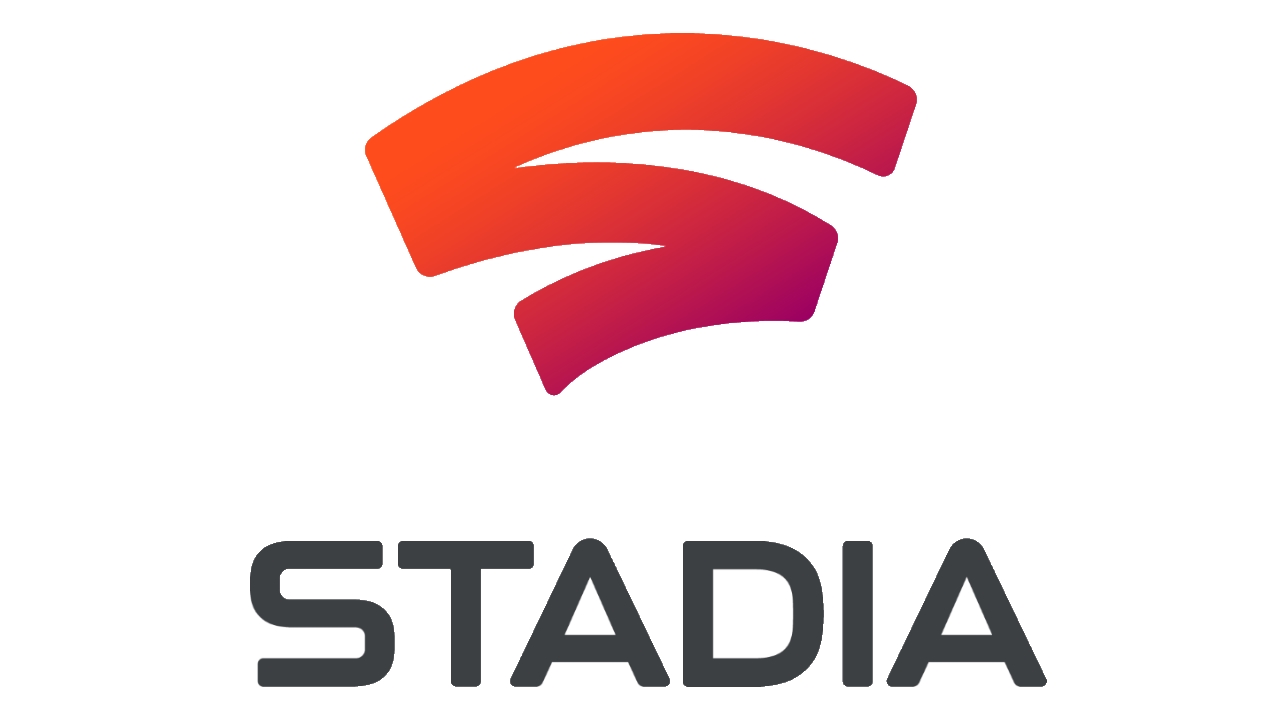
Streaming games from the cloud is going to be huge. While there are already a handful of services testing game streaming, such as GeForce Now and Shadow, but the news that tech giant Google has thrown its hat into the ring with Google Stadia marks a sea change – streaming is going, ahem, mainstream. Meanwhile, Microsoft is busy developing Project x Cloud - and is also rumoured to be working on a streaming-only next-gen system as part of its rollout of Xbox Project Scarlett at the Xbox E3 2019 media briefing . Hell, it's even rumoured that big publishers like Ubisoft could be getting in on the game with the rumoured Ubisoft Pass, which we also expect to see announced at E3 2019.
We’ve already discussed the technical issues of game streaming, but what effect will it have on the people, studios, and publishers that make the games that you love to play? Will something like Google Stadia open the doors to a potentially lucrative and enormous new audience, or will we witness a fresh indiepocalypse as studios struggle to make money on the new streaming platforms? I reached out to a number of developers and publishers about what impact they think game streaming will have on their business - and the range of responses, both positive and negative, was surprising.
Bigger audiences

Chris Kingsley is a co-founder of the UK-based independent developer and publisher Rebellion – the studio behind Sniper Elite and Strange Brigade – and he sees the dawn of game-streaming as a big opportunity. "Game streaming opens more storefronts to indies, and it is obvious to me that indies will be an important part of Stadia and other streaming stores."
And as he points out, indies have an advantage over bigger publishers in that they can generally release games on whichever storefront they choose. "You usually see with the bigger publishers that they ultimately want to own their own stores, and they see external stores [like Steam] as a stepping stone to this. There’s a tension for bigger publishers between owning their own stores and using external stores. So actually it’s quite a large opportunity for indies to go all in, because external stores are really their only option. With the bigger publishers, who knows when or whether they’ll jump in."
"I'm very optimistic about the streaming movement in general"
Amanda Ray, Twisted Pixel
Kingsley isn’t alone in his positivity. "I think that game streaming will be a great asset to indie developers in the future," says Amanda Ray, communications manager for 'Splosion Man maker Twisted Pixel. "The more people are streaming and playing independently produced games, the more folks will see these creative (and often overlooked) games that indie studios have to offer. I'm very optimistic about the streaming movement in general."
There’s also the fact that streaming doesn’t require specific, expensive hardware. "Streaming will reduce hardware barriers to entry worldwide," notes Olly Bennett, co-founder of Middlesbrough-based indie dev Cardboard Swords, "and will allow playing from popular, non-traditional access points such as YouTube. This makes it easier for a wider mass market to find, access, and play video games. A larger market means greater sales for all games, including independent developers."
Demand for new and exclusive content
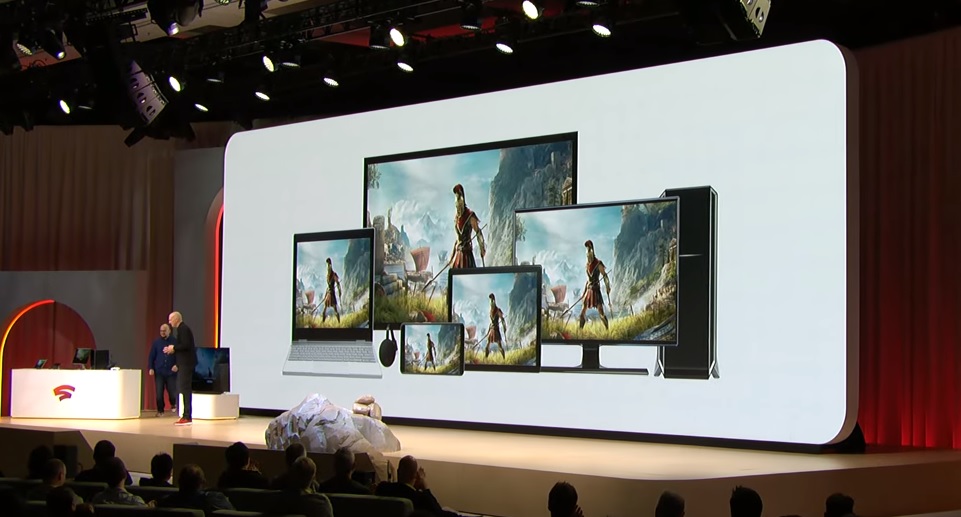
Piers Harding-Rolls, head of games research at market information firm IHS Markit, notes that: "In the short term as more new services are launched, there will be an increase in demand for content and content exclusives, which could work well for indies. Competition for content also means the terms negotiated may shift in favour of the developer."
Sign up to the GamesRadar+ Newsletter
Weekly digests, tales from the communities you love, and more
Rodrigue Duperron, marketing specialist at the Jotun and Sundered studio Thunder Lotus Games, thinks that the initial rush to get new games on nascent streaming platforms could spark a gold rush of sorts. "In the early going, as the platform holders scramble to lock in premium and/or exclusive content, it's a huge opportunity. The general way this plays out is that huge content acquisition budgets are granted, and the curation teams will attempt to secure the biggest, most recognizable brands for their services – in exclusivity, wherever possible. But the majority of well-established triple-A devs and publishers – those who are doing huge business in the current paradigm, making their games available on as many major platforms as possible – will be inherently risk-averse. Hesitant to bet on unproven platforms or partners, unwilling to lock their content into an exclusivity deal."
"Because top-shelf triple-A content is limited in quantity and availability, content acquisition teams have a parallel goal: to pad their content catalogue quantitatively and qualitatively with less recognizable (to the general gaming public) products that are nonetheless compellingly unique and distinctive – and that's precisely the pocket in which indie thrives," continues Duperron, who is keen to note that there is more to the embrace of streaming for ambitious studios than increasing sales alone.
"So for this brief shining moment where content budgets are plentiful and willing/available triple-A content is scarce, this becomes a huge opportunity for indie devs and publishers to grant rights for their games to these new partners, under very interesting terms. And the advantages aren't merely financial: burgeoning platforms are better at spotlighting their new or exclusive content, and media is more likely to cover these releases than they are on platforms more mature and overflowing with daily releases."
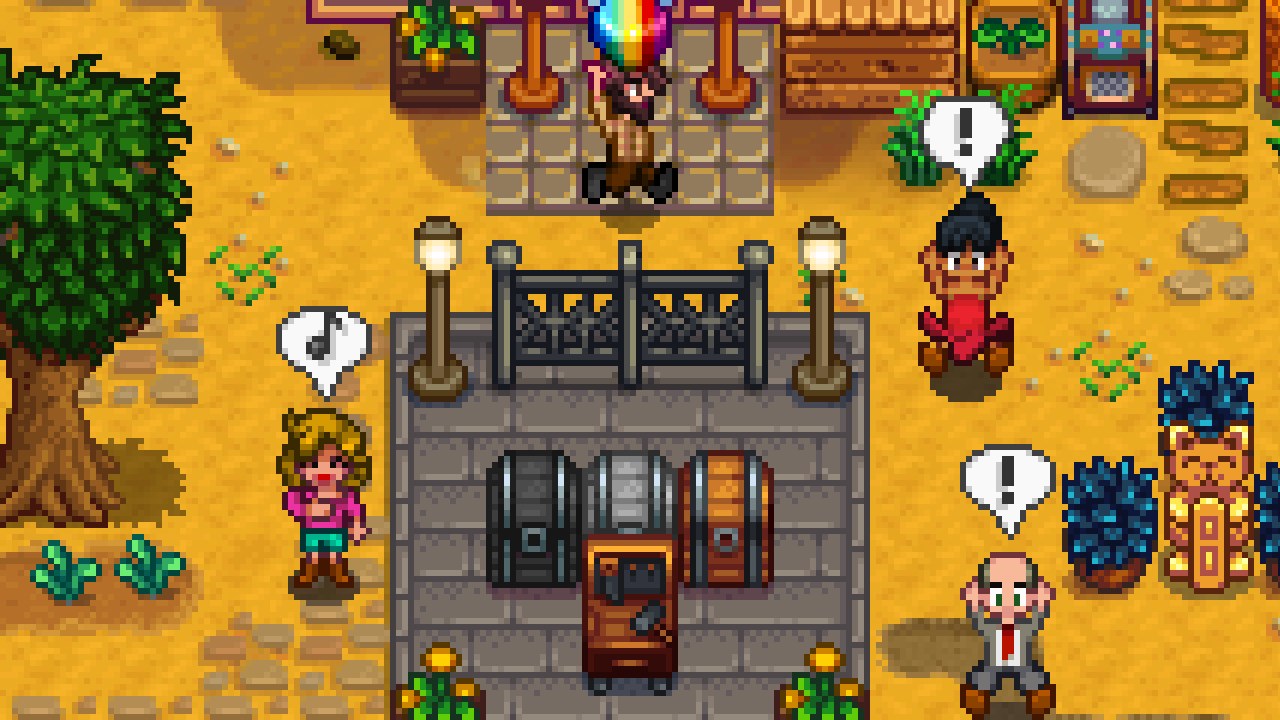
Kirill Perevozchikov, director of White Label PR, agrees that developers which get into streaming early could make a killing. "If indies are proactive enough to get in touch with the new streaming platforms and get their games optimised and up for streaming early, they will enjoy the advantage of being in the starting line-up. A lot of early Nintendo Switch indie games have benefited from that greatly, so I think it makes sense for indies to be proactive in porting their games to the new streaming platforms."
Bennett adds that plentiful content budgets could see indies break even on their games straight away: "If we see a ‘Netflix Originals’ equivalent emerge, and a continuation of paid-for exclusives, then independent developers supported by these deals will benefit from stability and breaking-even pre-release, which is important in such a risky industry." Then again, he warns that the platform holders might initially want to focus on triple-A titles rather than indies. "I can understand streaming platforms wanting to bust out the gates with big shiny IPs and triple-A developers in tow, propping up their new proposition, so it may well be 12-18 months before we start seeing strategies move towards more diverse content from smaller studios."
Duperron also notes that indies might not have it all their own way on the new streaming platforms, particularly if they are locked in to an exclusive contract. "Exclusivity deals will keep your game relegated to a player base that necessarily smaller than that of more established platforms; this is something of a deal-breaker for some projects, especially online multiplayer games (the very same games that have the biggest concerns about bandwidth latency). A generous license fee from a new platform is all well and good, and can ensure your game recoups its investment, but there's an important trade off with how many people can potentially be playing your game at launch. That's a crucial point for indies, because we all depend so much on healthy and engaged communities. And if you have an existing community on other established platforms, they'll be understandably peeved."
Who will be the gatekeepers?

Larry Kuperman is director of business development at Nightdive Studios, the developer behind the upcoming reboot of System Shock, and one of his biggest concerns is over who decides what content will appear on streaming services. "For independent game developers, the single largest question surrounding game streaming is whether the streaming services will be curated, and if so, by whom? I can't imagine the services being open platforms, which means that indies will need to convince the owners that their games have enough commercial value to get on the platform in the first place."
"Those of us that remember the old days of retail will recall the challenge of presenting our games to ‘the suits’ before consumers would ever get a chance to know about our titles. How many slots will be open for Stadia's launch, as an example, and how many of those are going to be allocated to the triple-A companies? How many will be left? Every year there is at least one surprise indie title that comes seemingly from nowhere. Cultist Simulator, Five Nights at Freddy’s, Undertale, even Stardew Valley and PUBG shocked many people with their success. But without an open platform like Steam or Itch.io, would we even have had the chance to play these games? That is my concern."
Harding-Rolls adds a further note of caution: "Curated services will only select a few titles compared to the many 1000s out there, so this may well increase marginalisation of content that is struggling to find an audience."
Games will have to grab players instantly
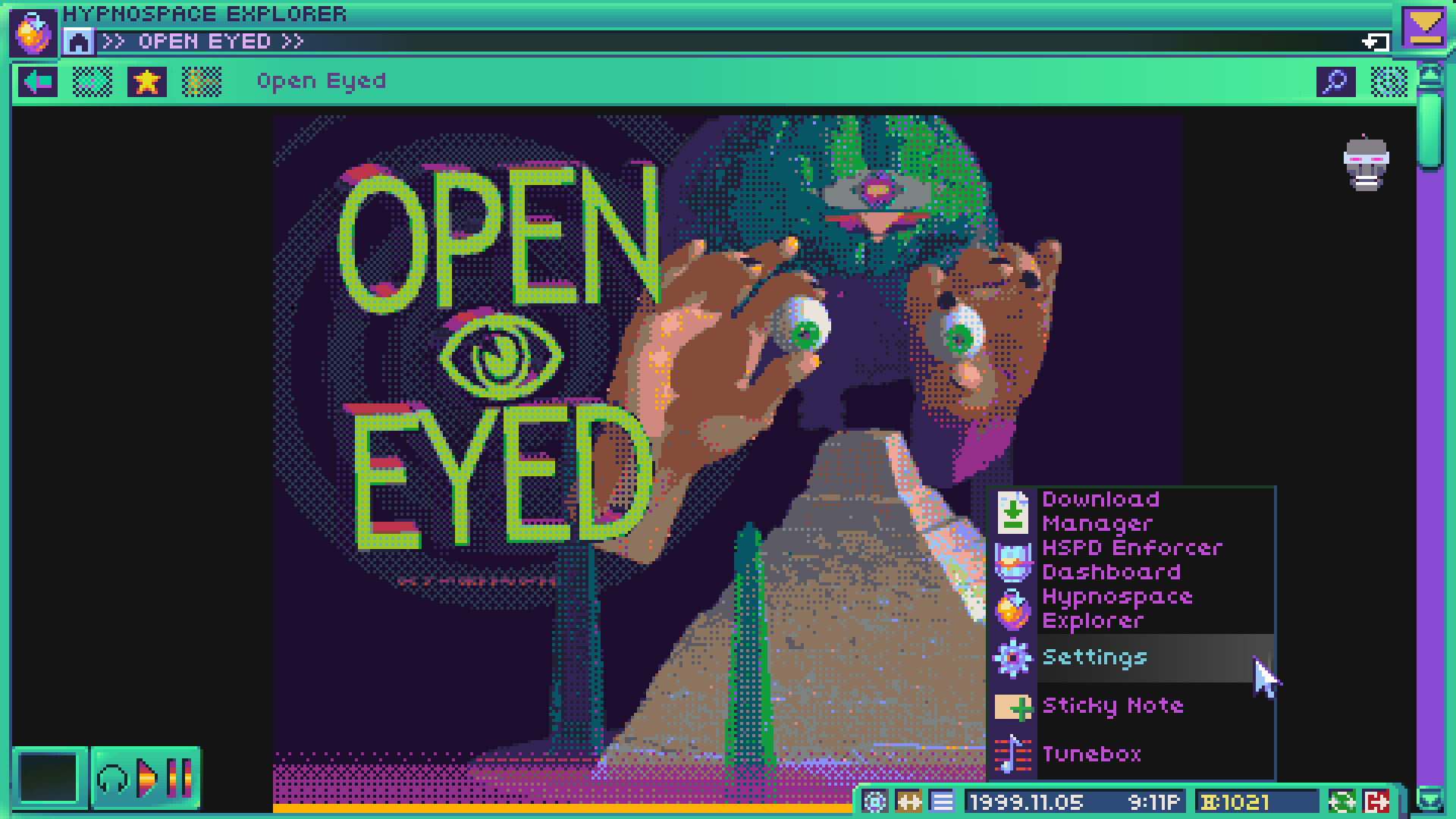
"In the coming instant-play era, we all need to be hyper-sensitive to how quickly the game experiences we're designing become legitimately engaging," continues Rodrigue Duperron, who points out that in the streaming landscape, there could be little room for slow-paced games. "If it's mere seconds from discovery of the game on a service until the person is actually playing the game, I'd say we'll have a few minutes at best to convince the player to not jump out of your game into the next one. Mobile/F2P game devs are already well acquainted with that challenge."
Still, that isn't the only challenge that's facing developers in this emerging new landscape. One of the biggest concerns expressed by indies is how they will receive money from the new streaming services – where will the cash come from that lets the invest in new ideas and projects? Companies like Google and Microsoft are yet to announce pricing structures for their new platforms, but it’s likely that they will opt for a Netflix-style subscription model. Yet that still leaves open the question of whether developers will be paid per-access of their game (like Xbox Game Pass), per time played (like Spotify), or through some other mechanism.
Mike Rose is the founder of indie publisher No More Robots – which recently released the ‘90s internet sim Hypnospace Outlaw – and he has some big concerns over how a subscription model could play out. "Any streaming service that works using the Spotify model – i.e. paying developers based on ‘time played’ or ‘number of players’ – would be awful, as clearly the bigger triple-A titles are going to be played way more than any indie title."
Duperron sums up the problem in a nutshell: "If the streaming service is offering all-you-can-eat for a monthly fee, triple-A/games-as-a-service experiences are eating up a huge amount of subscribers play time; so if you've got a compact, single-player, story-based experience, you're simply not making any money in a model wherein royalties are divvied up by play time."
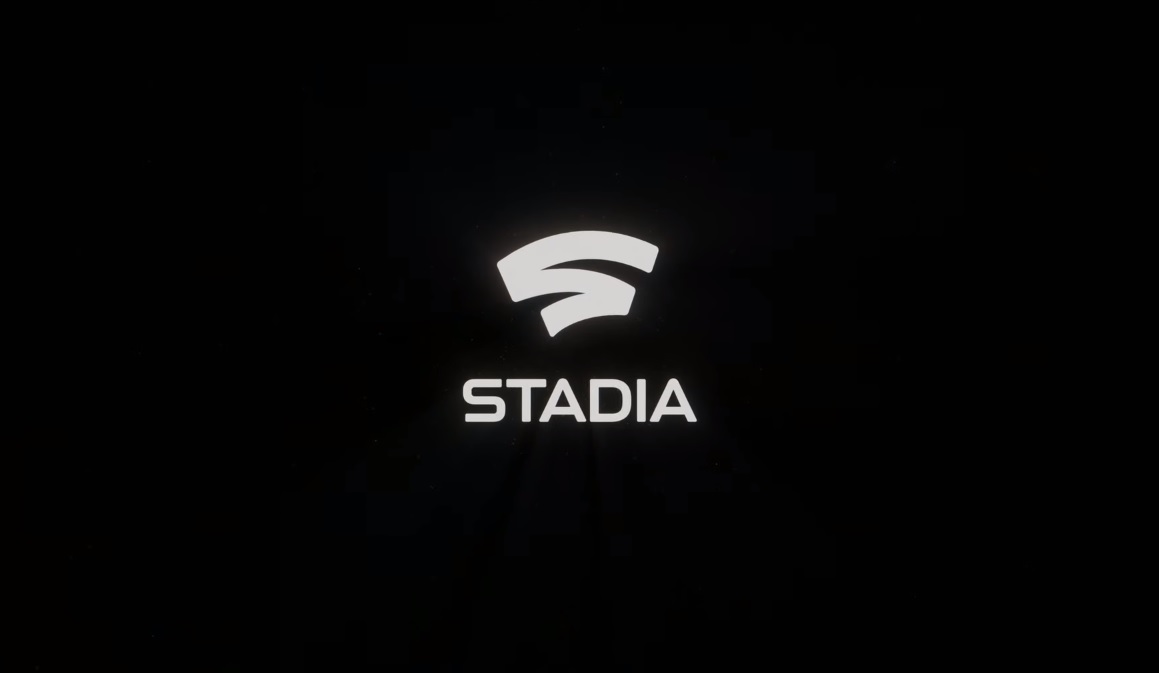
"I've seen stuff that literally would be impossible on a PC or a console" – Google details its bold vision for the future of gaming in this exclusive Google Stadia interview.
The alternative is giving developers cash upfront, says Rose. "Platforms that adopt the Netflix model of paying developers upfront for their games are better, but still come with their own issues. Will the platforms pay developers enough to make it worth it? Why would a subscription platform pay indie developers proper compensation for their work, when they can instead throw tons of money at the latest massive triple-A titles, which they know will bring in the most users to their subscription service?"
Jon Calvin, campaign manager at the Game If You Are Indie PR and marketing agency, says that indies will struggle under a ‘time played’ royalty system – especially as in the current system, a game sale means money in the bank whether the game is played or not. "As I'm sure many players know, sometimes you buy games and don't necessarily play them; the low entry price makes it an attractive addition to your library should you feel inclined to play it at some point down the road. With streaming services offering a range of games at one fixed price a month you wouldn't need to consider the idea of building a library of games anymore. Ask HMV how well their DVD and Blu-ray sales have fared since the launch of Netflix; better yet, ask Blockbuster."
"It's always the smallest creators that suffer. The impact the indie music scene suffered from streaming services was massive. That serves as a great example of what the indie game industry could be facing in a few years if streaming services like Stadia take off. Streaming services could mean the end of some of the smaller, more creative titles out there. It's not all doom and gloom of course – we know platforms like Netflix have led to the creation of great content but the question of the payment model to access that content remains the main concern for indie developers."
Certain game genres might dominate
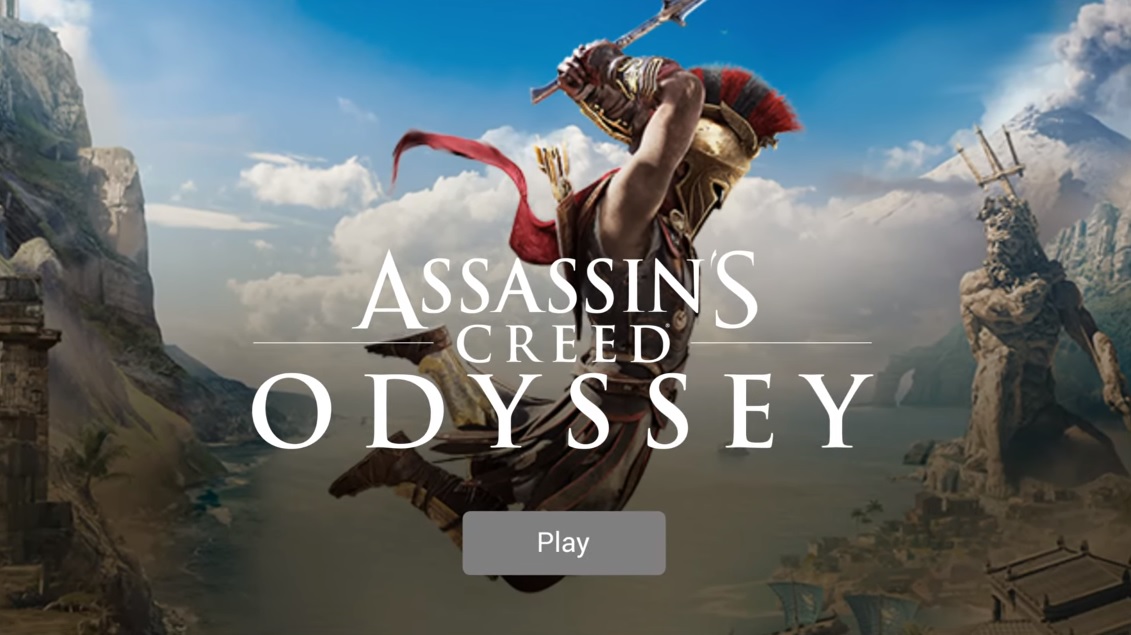
"Convenience has always won," says Rami Ismail, co-founder of Vlambeer, "so if streaming works well, the model will shift to it. If that is subscription paid per minute, indies will likely make more creative sandboxes, roguelikes and multiplayer games."
Rose agrees, noting that a ‘time played’ subscription model would "force developers to think about how they can make their games longer, simply for the purposes of bringing in more money per hour played. Three-hour-long story-based titles will die through this model, while giant sprawling RPGs pumped with filler content will be king, and there's simply zero reason why anyone would ever want that, including players."
He adds that possible issues with lag on a streaming system might also influence the kinds of games that get made. "If game streaming ever took off in a big way, whereby most platforms were streaming platforms, then obviously this could mean that more developers start making games in genres that work better for streaming. For example, slow turn-based strategy games clearly work better for streaming services than, say, a racing game with action flying all over the screen."
Olly Bennett agrees that a ‘time played’ subscription model would necessarily favour longer-lasting games with open-ended targets, such as Stardew Valley. But the loss of diversity would be a massive shame. "The wonderful thing about indies is the freedom to make games into whatever they want, without having to follow risk-averse strategies and genres that triple-A often aim for. If the models don’t make that creative freedom viable, then this could drive away much of what makes indie games great."
New ways to interact
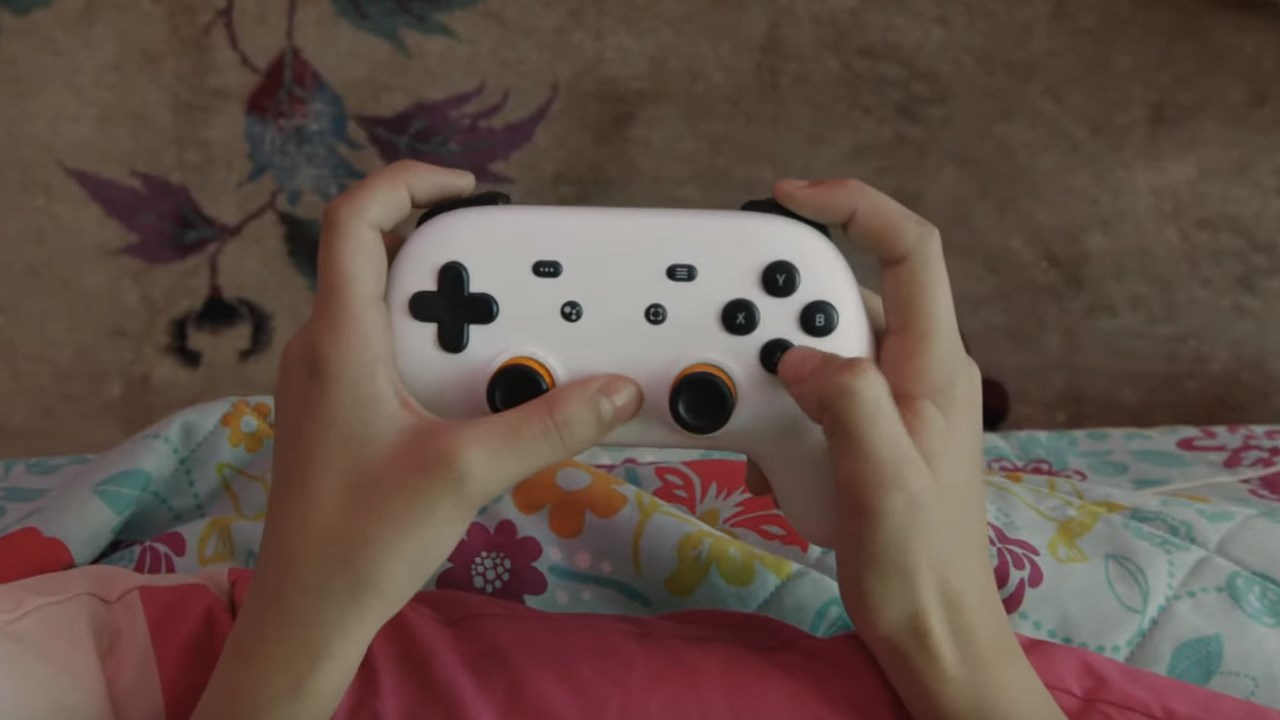
"Game streaming opens up some really interesting, new ways for indies to interact with their audience," says Kingsley. "It’s amazing that people will be able to watch something on YouTube, and if they like it, then they can just press a button to play that game. It’s just one click to be playing somebody’s game, and that’s very powerful. If they could remove that click it would be even better, but you can’t get much simpler than that! That’s a huge opportunity for user acquisition and marketing."
He adds that that it could also provide more chances for developers to get in touch with their players. "It opens up some very interesting avenues for game creators and game players to interact in new sorts of ways. Ultimately it lets indie developers speak with a louder voice to their players and equally for those players to respond back."
Still, streaming platforms such as Stadia mean that we are effectively heading into the unknown. Mikael Forslind runs Elden Pixels, the studio behind Alwa’s Awakening, and he’s worried about the uncertain future of streaming, especially when it means going head to head with big publishers. "Streaming of video games in all honesty mostly scares me. For Elden Pixels, which has only released one platforming game at this moment and probably won’t stray too much from that formula in the future, I don’t see our games being able to compete with all the huge IPs out there that are just going to absolutely dominate the streaming services."
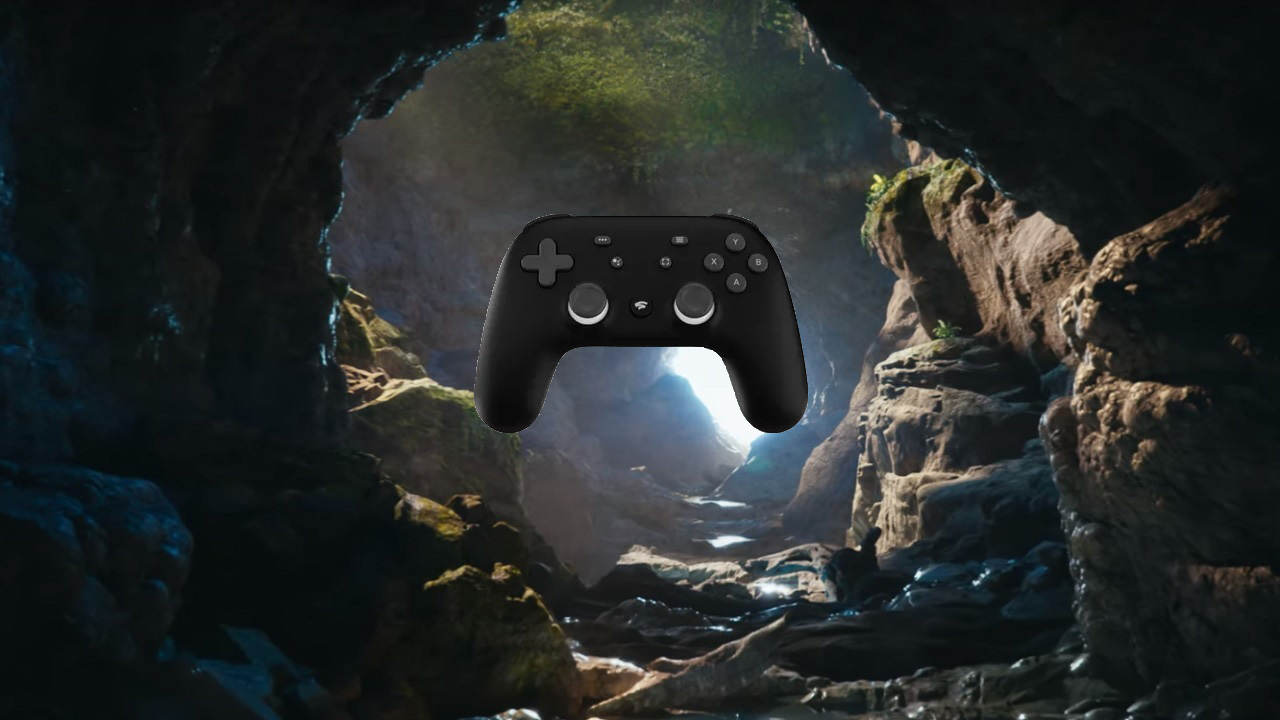
Google Stadia price, release window, and games revealed thanks to a leak ahead of the official announcement.
"Sure, anyone can just brush this fear off as someone who’s not just embracing the future and trying to grasp onto the old days, and sure, that might be the case. But I think indie games are heading more and more towards being more of a hobby and something you do for the love of the art and the passion of creating something unique – you don’t do it for the money. Of course, there’s always going to be your Hollow Knights, Cupheads and Shovel Knights, but for the rest of us indies, I don’t think the streaming services [are] going to be profitable. But most likely you’re going to have be on them anyways. I mean, I personally consume 99.9% of my music from Spotify and if it’s not on there I don’t bother."
Rose has a similarly bleak outlook on the streaming future. "The truth is that I am extremely worried about what these subscription models mean for video games in general. I know there are respectable companies like Xbox already using these subscription services (with Game Pass), and they seem to be heading in the right direction with it. But we're already seeing more and more of these services popping up as the months go by, and there's just zero chance that each one of these new services is going to pay developers correctly."
"The next few years are going to be massively tricky for all developers as this shift to subscription services happens, and the scariest thing about it is that no-one has even slightly estimated what it's going to end up looking like."
Some of the spoils have been surprised, but you'll still want to watch the Google Stadia E3 2019 presentation for more details and the official word.
Lewis Packwood loves video games. He loves video games so much he has dedicated a lot of his life to writing about them, for publications like GamesRadar+, PC Gamer, Kotaku UK, Retro Gamer, Edge magazine, and others. He does have other interests too though, such as covering technology and film, and he still finds the time to copy-edit science journals and books. And host podcasts… Listen, Lewis is one busy freelance journalist!


